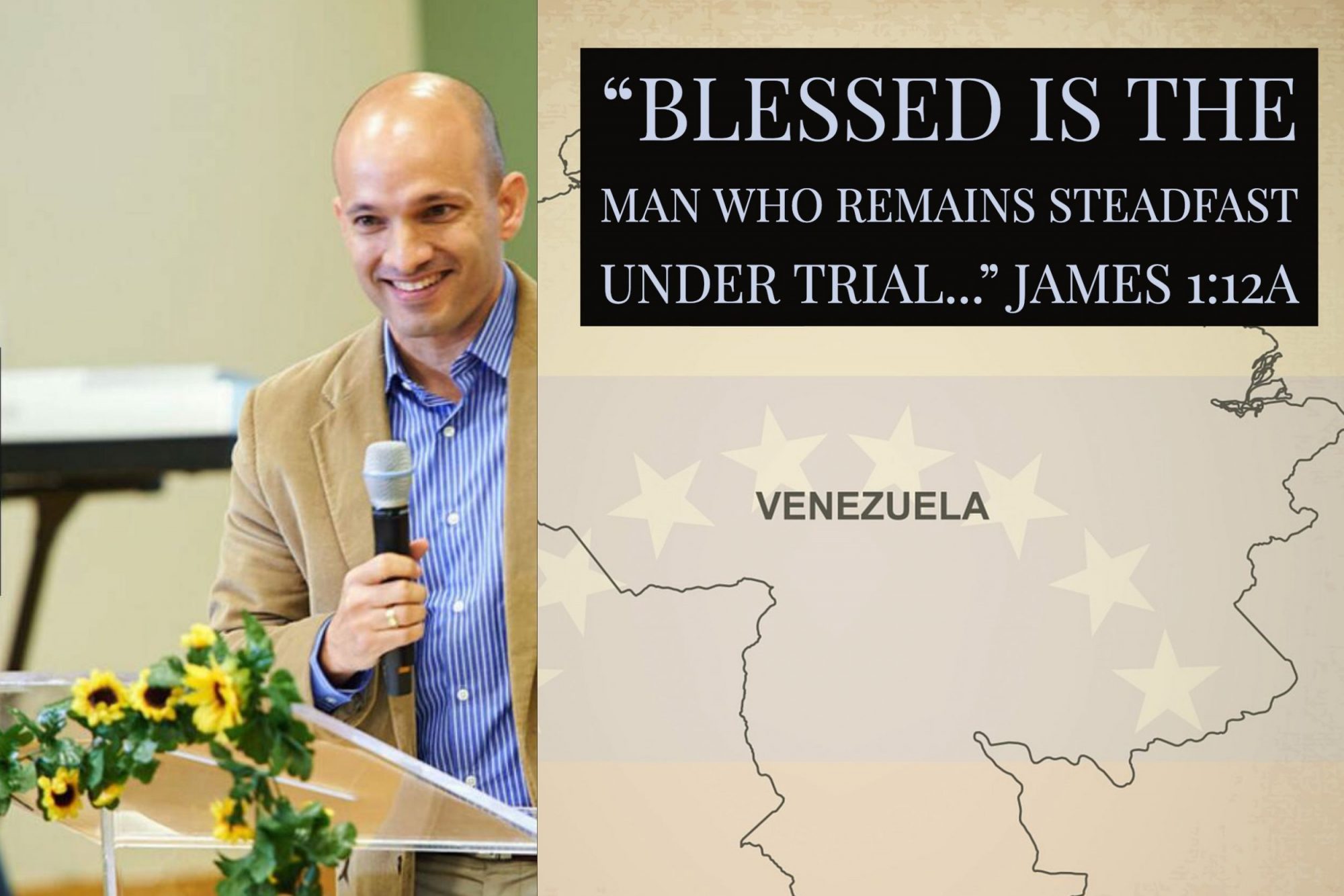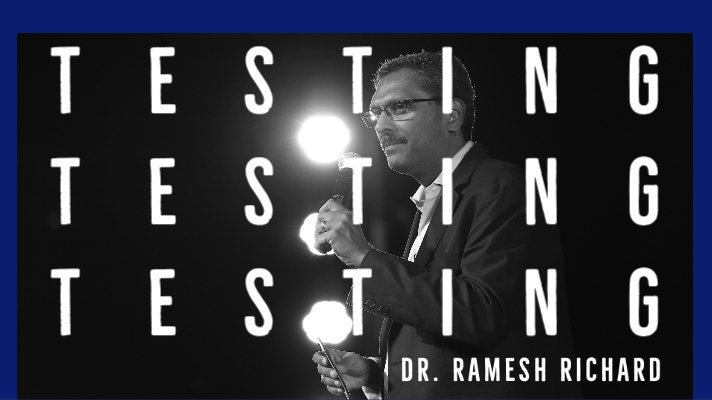Continued from Part 1 Helping People Grow Through Coaching.
Reshared with kind permission of Leadership Resources International.
KH: I noticed when you were with LRI at our staff training, you asked a lot of really good questions. How did you get so good at asking questions, and what is your goal in asking questions? [Note: This “asking good questions” is different from the hermeneutical principle LRI uses with the same name.]
CG: Naturally, I’m interested in people. I think that’s the way I’ve been put together—just the way God’s made me. My dad actually was a great asker of questions, very interested in people. I’ve had some good models. I think our Lord was a pretty good model in terms of asking questions as well. He asked hundreds of questions in the gospels—drawing people out, helping them to learn, challenging them, pointing them towards God. He kind of used questions as a scalpel to get to the heart of what was happening in people’s hearts and to challenge them to help them to see things they may not have seen if it was more didactic or if it was downloading.

Even in the Sermon on the Mount, he asked questions—rhetorical questions, but questions to get people to think and to learn. Proverbs 20 says, “The purposes of a man’s heart are deep waters, but a man of understanding draws them out.” It’s really important that we ask questions. In terms of what I’m trying to achieve, it’s trying to build up a mental picture, a jigsaw puzzle. How do these pieces of understanding someone come together? I try to do that in conversation. Coaching is a natural extension of that. The coaching questions are intentionally different. Like I said before, we are trying to equip people to find solutions to their problems, and that often requires a lot of digging and a lot of probing to find out what’s at the heart of the issue for them. How we can actually help them move forward? Asking questions takes a lot of practice, a lot of failure, a lot of asking the wrong questions to find out the right questions—just a general curiosity as well, wanting to understand people, wanting to know what makes them tick and how we can help them move forward.
KH: One aspect of asking good questions is listening well to the person speaking. What are some things a coach should listen for so he can best direct the conversation moving forward?
CG: Listening is vital. James instructs us to be quick to listen and slow to speak. It’s obviously vital as a coach—vital in ministry in general. We can’t understand people if we’re not asking questions. We seek to know what makes them tick and what drives them. What makes them struggle? I think this is a great challenge. Listening can be a great challenge.
 Pastors and other are trained to teach. We’re trained to have the answers, to be the expert. So, it can be a great challenge to sit back and listen and dig. But it actually gives us a great opportunity to teach and be more precise in trying to help someone. I think one of the reasons we need to listen carefully is that often when you’re coaching someone, what might seem to be a side issue for them is really at the heart of what’s going on. I can think of an issue a little while ago when someone I was coaching had just mentioned on the side that they had a little issue with an elder. It wasn’t anything major, but it was actually at the heart of their ministry and how they are operating as a pastor. That was the perfect example of how they were living out their ministry. So, what might seem small to someone can actually be a big thing.
Pastors and other are trained to teach. We’re trained to have the answers, to be the expert. So, it can be a great challenge to sit back and listen and dig. But it actually gives us a great opportunity to teach and be more precise in trying to help someone. I think one of the reasons we need to listen carefully is that often when you’re coaching someone, what might seem to be a side issue for them is really at the heart of what’s going on. I can think of an issue a little while ago when someone I was coaching had just mentioned on the side that they had a little issue with an elder. It wasn’t anything major, but it was actually at the heart of their ministry and how they are operating as a pastor. That was the perfect example of how they were living out their ministry. So, what might seem small to someone can actually be a big thing.
It’s vital to listen carefully and not stick to a script. When we’re starting out coaching, it might be lay person-to-lay person or a small group leader to someone who is in their small group. We want to try to help them, so we tend to want to stick to the script of questions we should ask. That can actually impede listening. I don’t know if there is any way around that, because we make mistakes when we’re learning anything. We want to try to listen carefully and be prepared to go off in a different direction if you think something is really important. I’m trying to listen to what makes someone tick—What drives them? What motivates them?—just picking up different cues about what’s happening in the church. That can take a lot of digging. It can take time. So, sometimes you might have ninety minutes or two hours for a coaching session. You may need to flex on that to get at the heart of an issue and really help someone.
Part Three shares one simple method for coaching.






